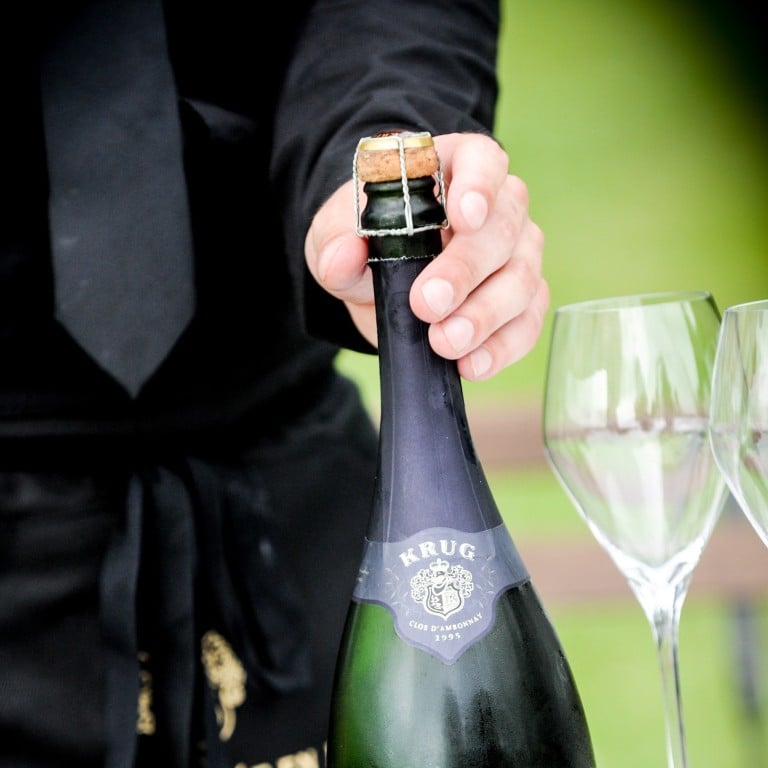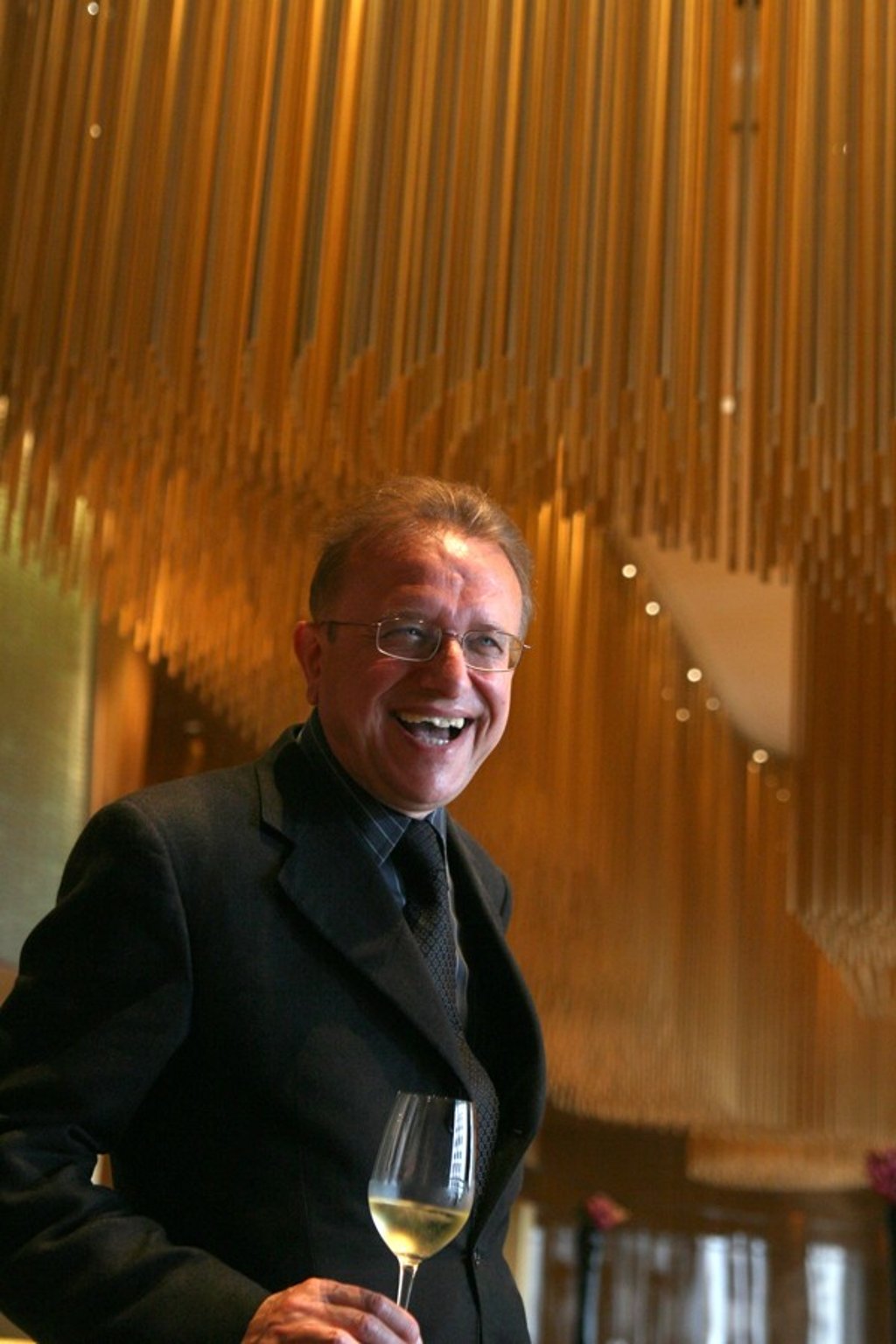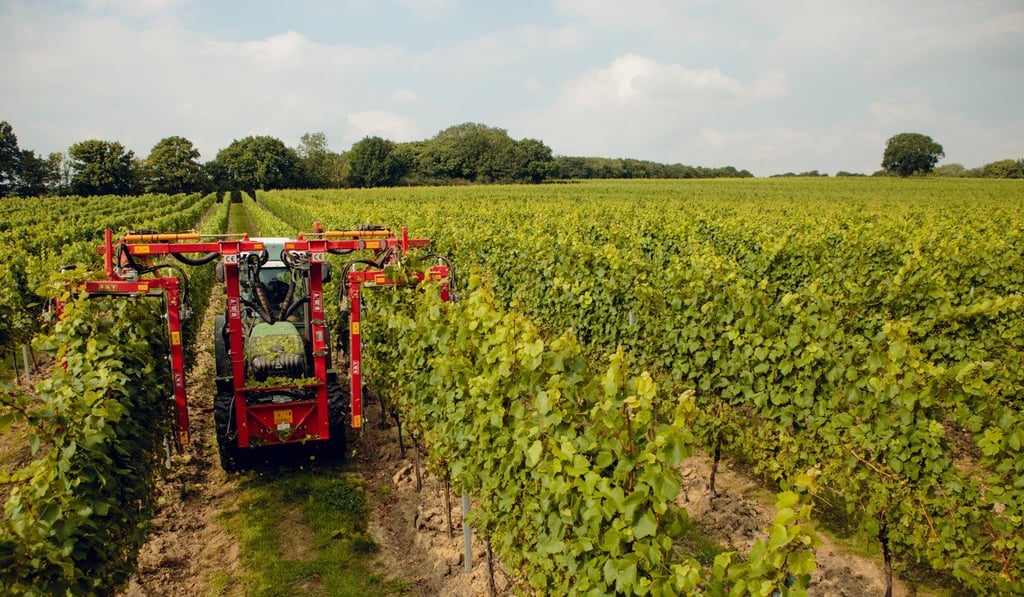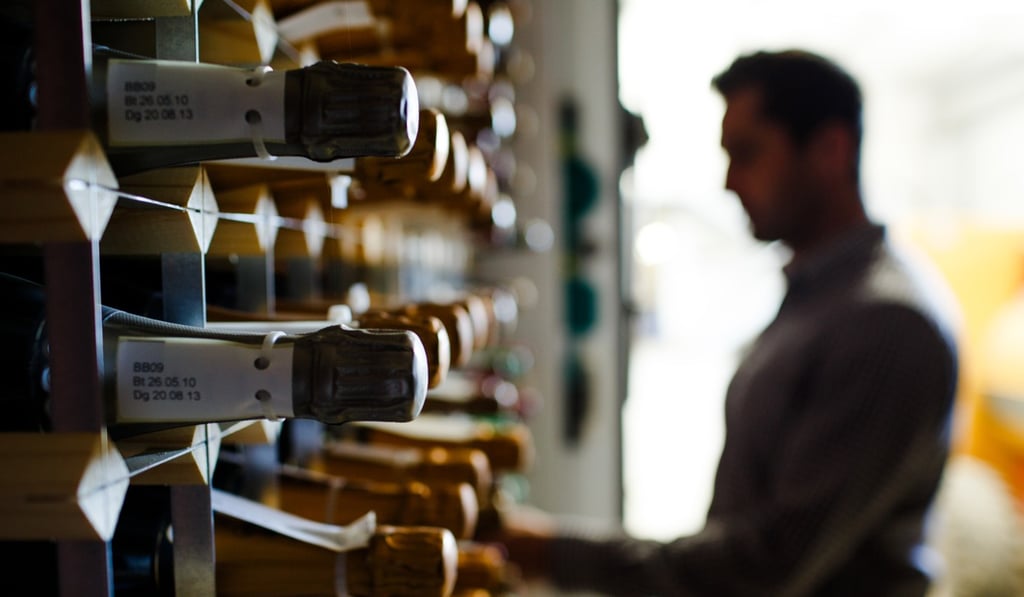Champagne houses Krug, Dom Pérignon and Veuve Clicquot face Brexit challenges head-on

Of blind tastings and Brexit: what do new British rivals mean for the Champagne world?
Bubble, bubble, toil and trouble. Surprising things are happening in the bubbly world, and top Champagne houses are responding with a mixture of determination, defiance and refreshing innovation.
It all started last year when English sparkling wines beat French Champagnes in two out of three trials in a blind tasting. The event, hosted by Britain’s Wine and Spirit Trade Association (WSTA) at the Juveniles restaurant in Paris, saw one Champagne pitted against one English sparkling wine in each of the three categories – blends, Chardonnay-based wines and rosés.
The judging panel was largely made up of Paris-based restaurateurs, wine writers and wine experts invited by Juveniles owner Tim Johnston, chosen for “their extensive knowledge of food and drink in Paris”, according to Miles Beale, CEO of WSTA.

Charlie Holland, chief winemaker of Gusbourne, which produced one of the winning sparkling wines, says that while he was delighted with the results of the tasting, there was no question of replacing one with the other.

“While quality levels are narrowing, it is also important to point out that there are distinct stylistic differences between English sparkling wine and Champagne,” he says. “English sparkling wines generally have a higher level of acidity and can therefore offer more freshness and vibrancy compared to some of the fuller, riper characteristics often found in Champagne. I believe we should embrace these differences and celebrate them both for what they are.”
